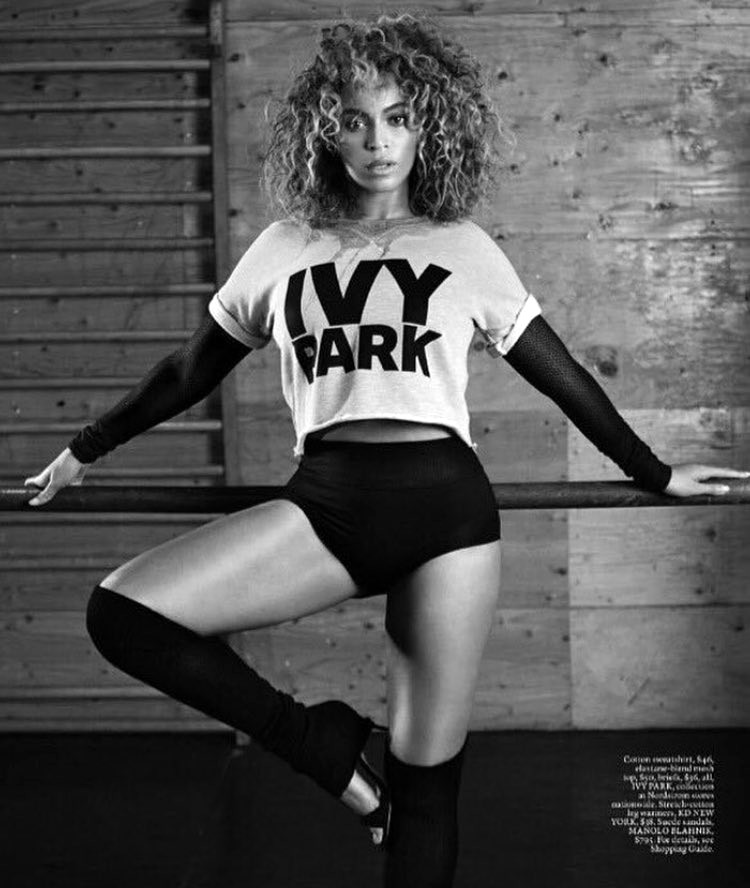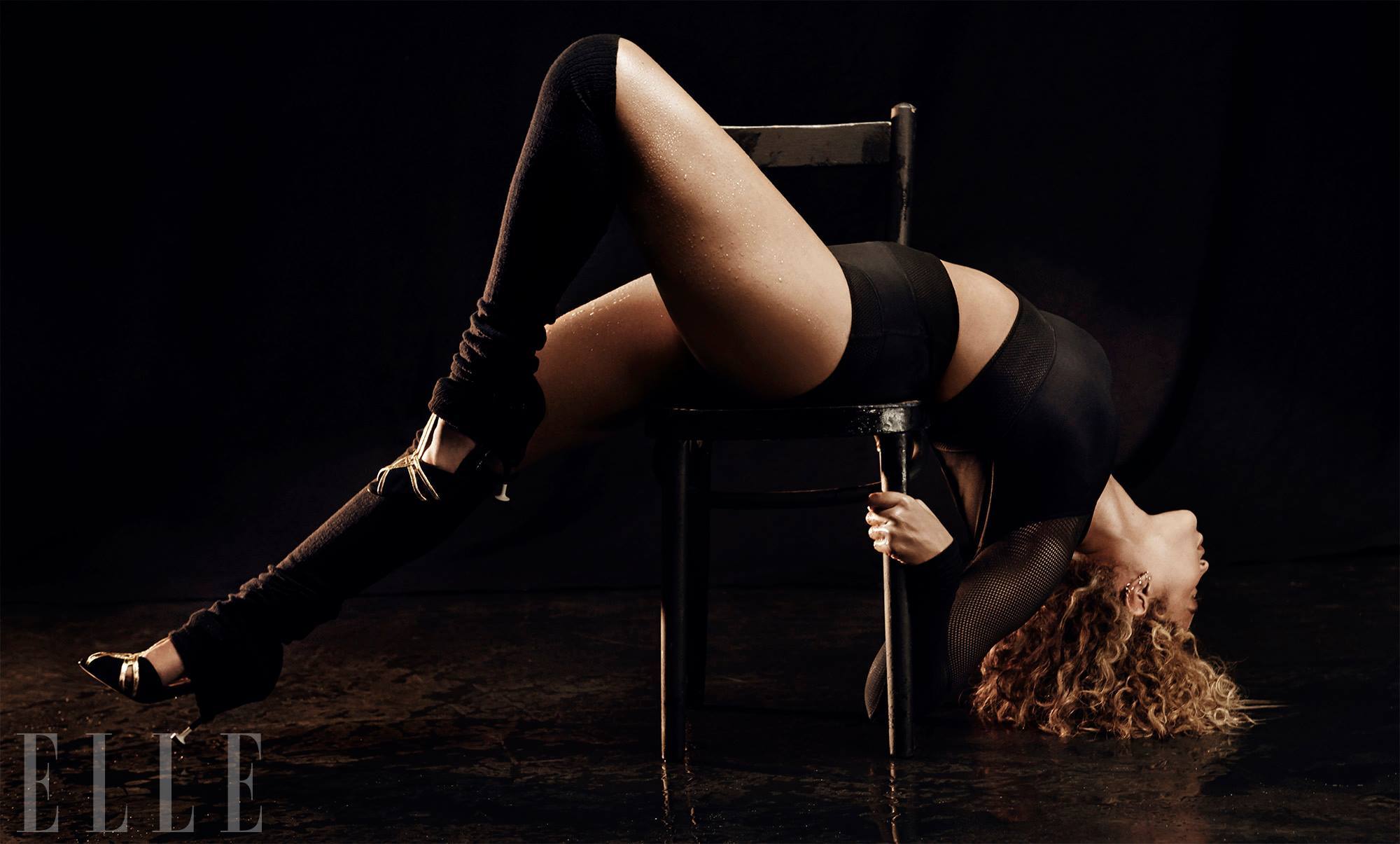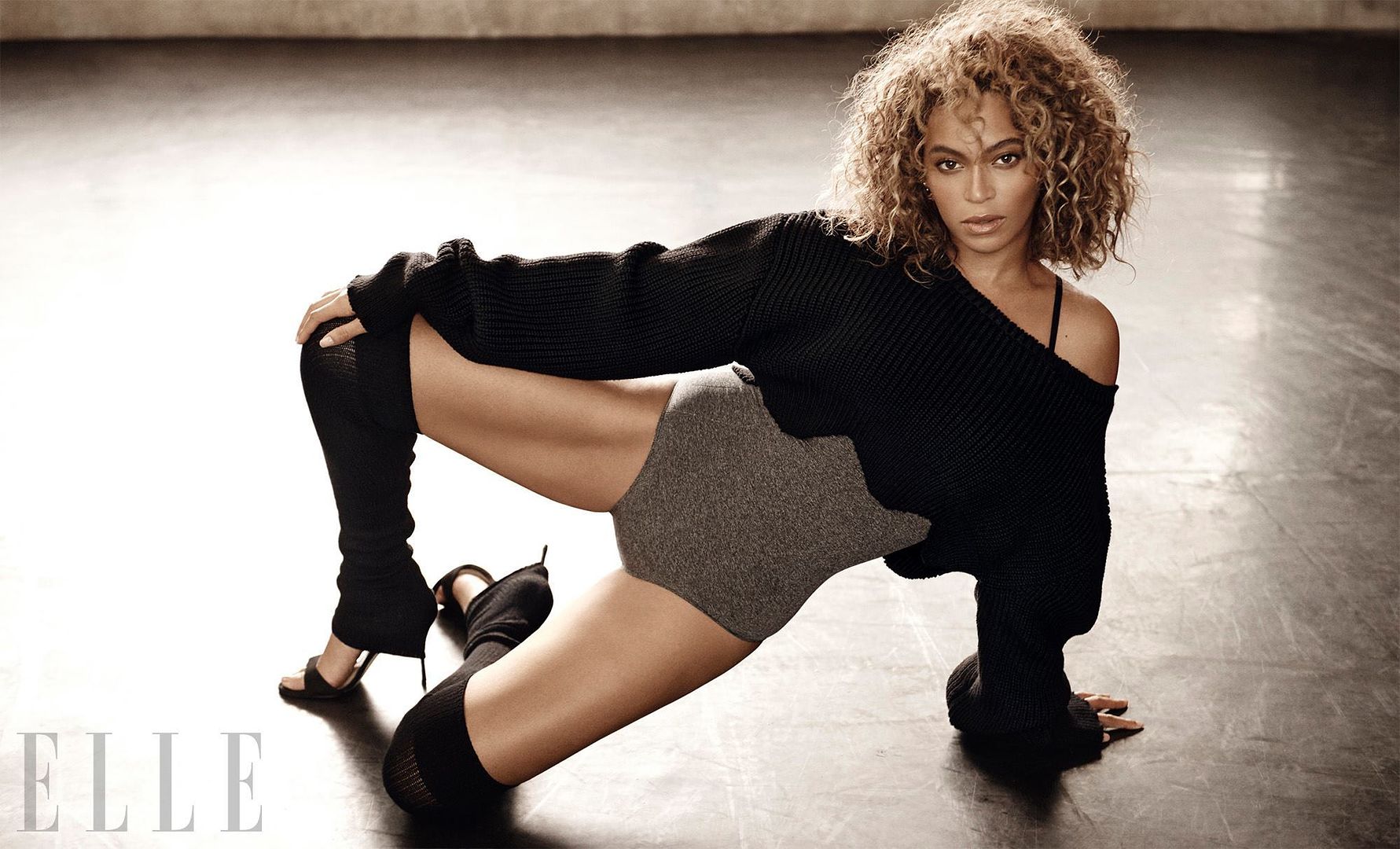
Beyoncé is notoriously silent. The global pop star exercises her power by choosing not to give interviews. It's been years since Beyoncé spoke to a mainstream magazine. She didn't even give a quote when she appeared on the cover of the famed September issue of Vogue last year.
But Beyoncé is ready to share her voice again. To promote her new line of athleisure wear, Ivy Park, she's appearing in Elle Magazines across the country. She sat down for an in-depth interview and gave her first detailed recollections of her latest video, "Formation," and her power and her feminism.
ELLE: During The Mrs. Carter Show World tour, you seemed to embrace your power in a new way - blazing the word Feminist in bold pink letters across stadium screens. What made you decide to embrace the term?
Beyoncé: I put the definition of feminist in my song [***Flawless] and on my tour, not for propaganda or to proclaim to the world that I'm a feminist, but to give clarity to the true meaning. I'm not really sure people know or understand what a feminist is, but it's very simple. It's someone who believes in equal rights for men and women. I don't understand the negative connotation of the word or why it should exclude the opposite sex. If you're a man who believes your daughter should have the same opportunities and rights as your son, then you're a feminist. We need men and women to understand the double standards that still exist in this world and we need to have a real conversation so we can begin to make changes. Ask anyone, man or woman, 'Do you want your daughter to have 75 cents when she deserves $1?' What do you think the answer should be? When we talk about equal rights, there are issues that face women disproportionately. That's why I wanted to work with [the philanthropic organisations] Chime for Change and Global Citizen. They understand how issues related to education, health, and sanitation around the world affect a woman's entire existence and that of her children. They're putting programmes in place to help those young girls who literally face death because they want to learn, and to prevent women from dying during childbirth because there's no access to health care. Working to make those inequalities go away is being a feminist, but more importantly, it makes me a humanist. I don't like or embrace any label. I don't want calling myself a feminist to make it feel like that's my one priority over racism or sexism or anything else. I'm just exhausted by labels and tired of being boxed in. If you believe in equal rights, the same way society allows a man to express his darkness, to express his pain, to express his sexuality, to express his opinion - I feel that women have the same rights.
ELLE: What do you have to say to those who feel you can't be a feminist and also embrace your femininity?
Beyoncé: We all know that's not true. Choosing to be a feminist has nothing to do with your femininity - or, for that matter, your masculinity. We're not all just one thing. Not everyone who believes in equal rights for men and women speaks the same, or dresses the same, or thinks the same. If a man can do it, a woman should be able to do it. It's that simple. If your son can do it, your daughter should be able to. Some of the things that we teach our daughters - allowing them to express their emotions, their pain and vulnerability - we need to allow and support our men and boys to do as well.
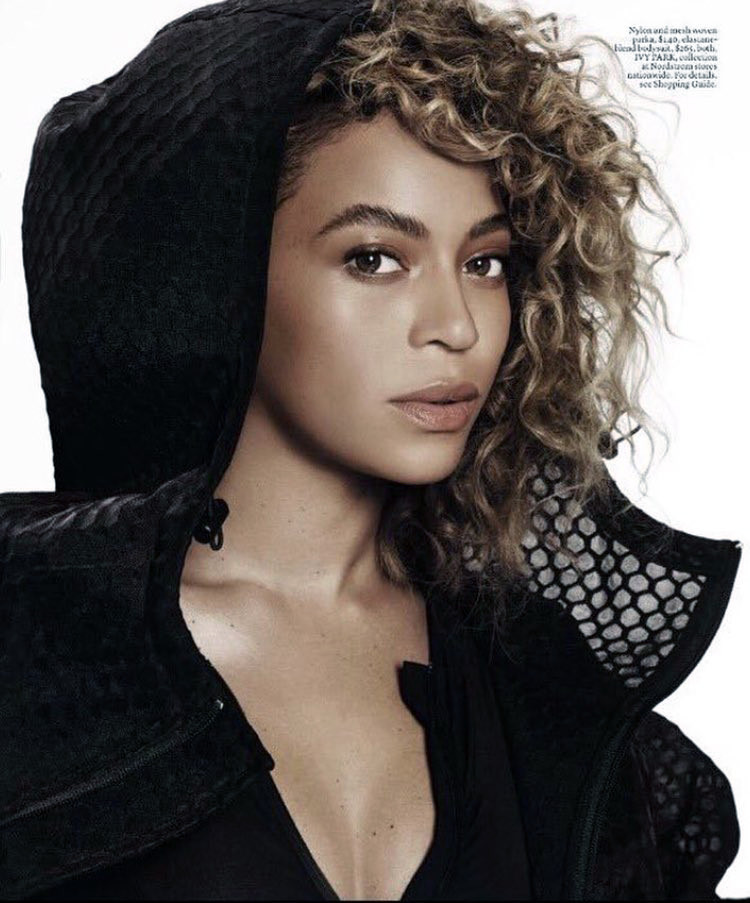
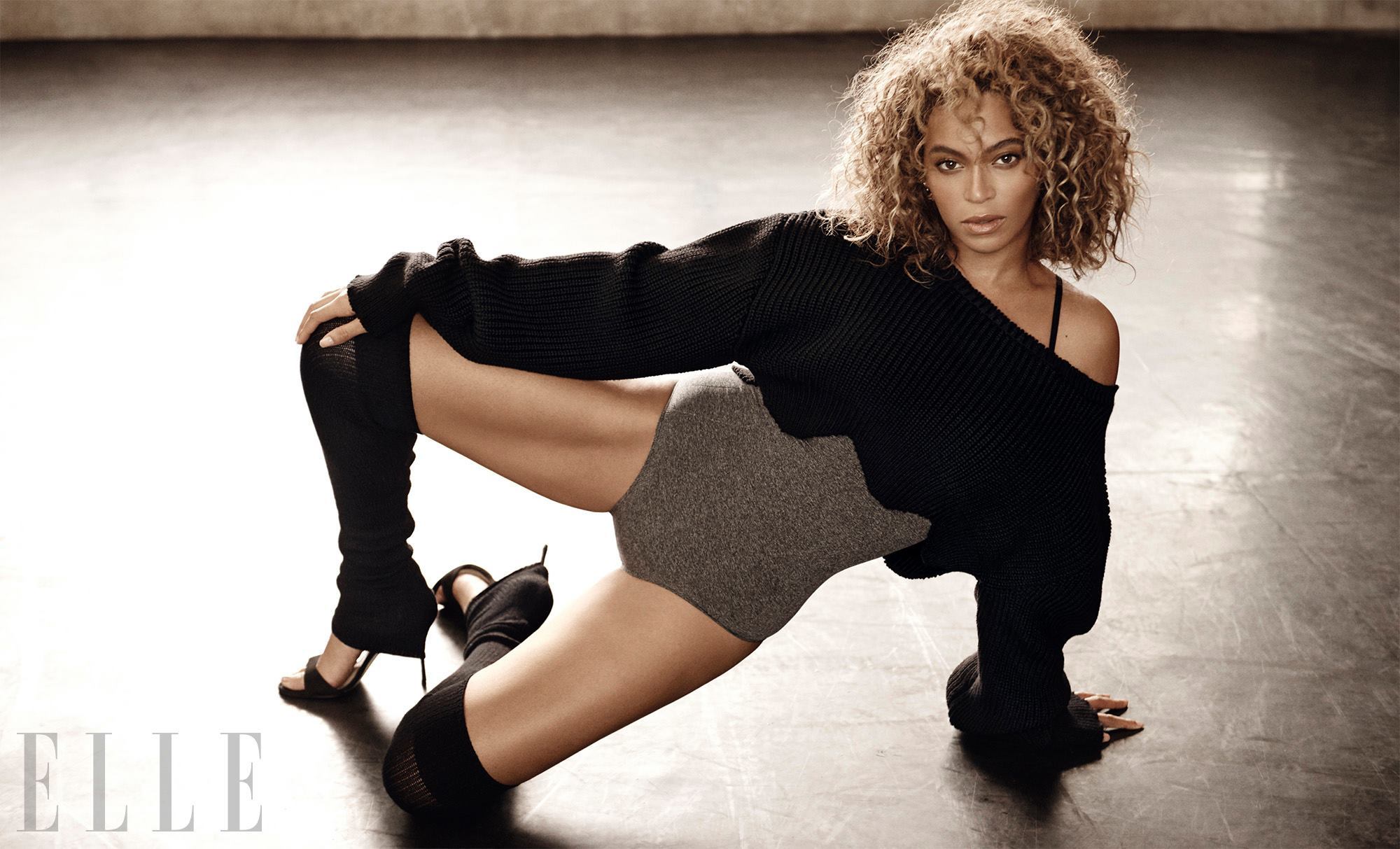
On discovering her power
ELLE: Do you call a point in your life when you realized you had real power?
Beyoncé: I'd say I discovered my power after the first Destiny's Child album [Destiny's Child released in 1998]. The label didn't believe we were pop stars. They underestimated us, and because of that they allowed us to write our own songs and write our own video treatments. It ended up being the best thing because that's when I became an artist and took control. It wasn't a conscious thing. It was because we had a vision for ourselves and nobody really cared to ask us what our vision was. So we created it on our own and once it was successful, I realized that we had the power to create whatever vision we wanted for ourselves. We didn't have to go through other writers or have the label create our launch plans - we had the power to create those things ourselves.

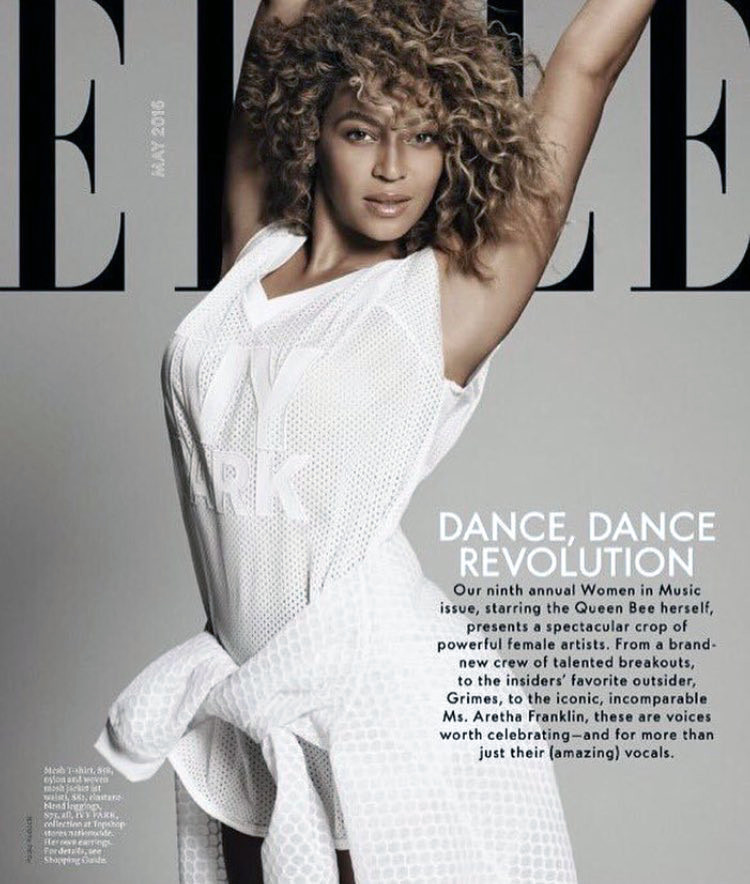
On "Formation"
ELLE: What do you feel people don't understand about who you really are, and in particular about the message you've put forward with 'Formation'?
Beyoncé: I mean, I'm an artist and I think the most powerful art is usually misunderstood. But anyone who perceives my message as anti-police is completely mistaken. I have so much admiration and respect for officers and the families of the officers who sacrifice themselves to keeps us safe. But let's be clear: I am against police brutality and injustice. Those are two separate things. If celebrating my roots and culture during Black History Month made anyone uncomfortable, those feelings were there long before a video and long before me. I'm proud of what we created and I'm proud to be part of a conversation that is pushing things forward in a positive way.
